Why China will soon dominate EV sales in Australia
China is about to become Australia’s main source of EVs. Tesla’s decision to switch supply of its best selling model from its US to its Chinese factory is a major factor, but Made-in-China EVs from other brands will also add impetus to the trend.
Here’s what’s on the way…
Tesla Model 3
Tesla has confirmed to EV Central that it’s about to begin importing all three versions of the car sold in Australia – Standard Plus, Long Range AWD and Performance – from its Shanghai Gigafactory.
The Model 3 – which was recently updated – accounted for an estimated 60 percent of the 5250 or so EVs sold in Australia in 2020, and it’s a safe assumption that it will dominate again this year. The Model Y – also coming out of China – is also expected late in 2021.
Still, the change to China could impact the popular EV’s appeal. The battery packs of the Shanghai-made Model 3 won’t be the same as in cars from the Fremont, California, factory.
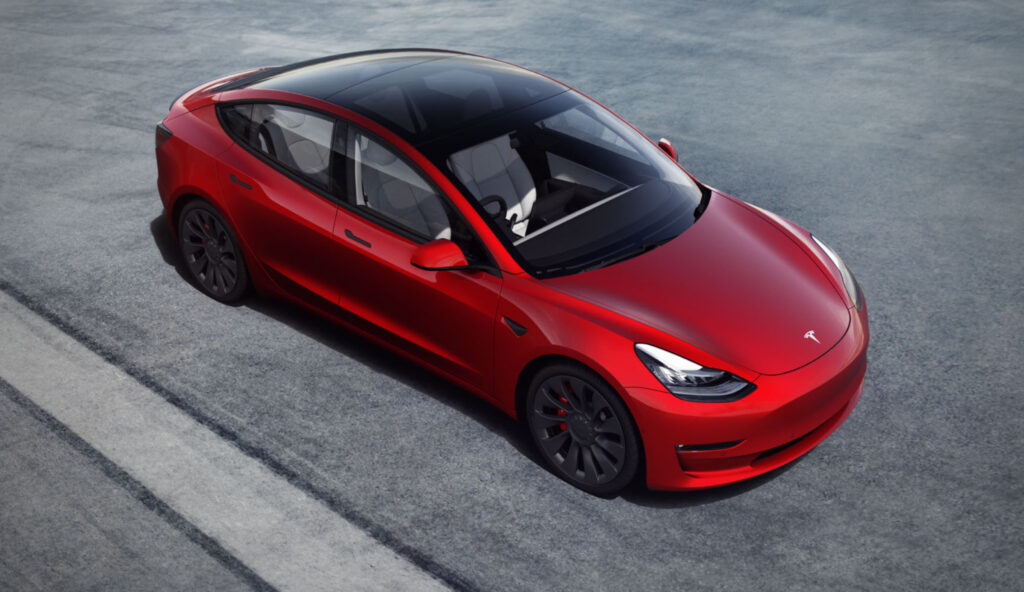
The difference is fundamental chemistry. Instead of NCA (nickel cobalt aluminium oxide) cells, the battery packs will use LFP (lithium iron phosphate) cells from Chinese manufacturer CATL.
The LFP battery chemistry cannot match the energy density of NCA, although Tesla still quotes impressive EV ranges for the three Chinese-sourced models. On the other hand, LFP batteries are safer, cheaper and longer-lived.
MG ZS EV
Deliveries of Australia’s least costly EV, the $43,990 MG ZS, will ramp up through 2021. The car was launched late last year, but according to official industry statistics, failed to log any sales.
The head of MG Australia has told EV Central that the company aims to sell 3000 EVs in Australia through 2021. And there are plans to introduce a Corolla-size sub-$40,000 hatchback EV in 2022.
The larger MG HS will also be available as a plug-in hybrid in March.
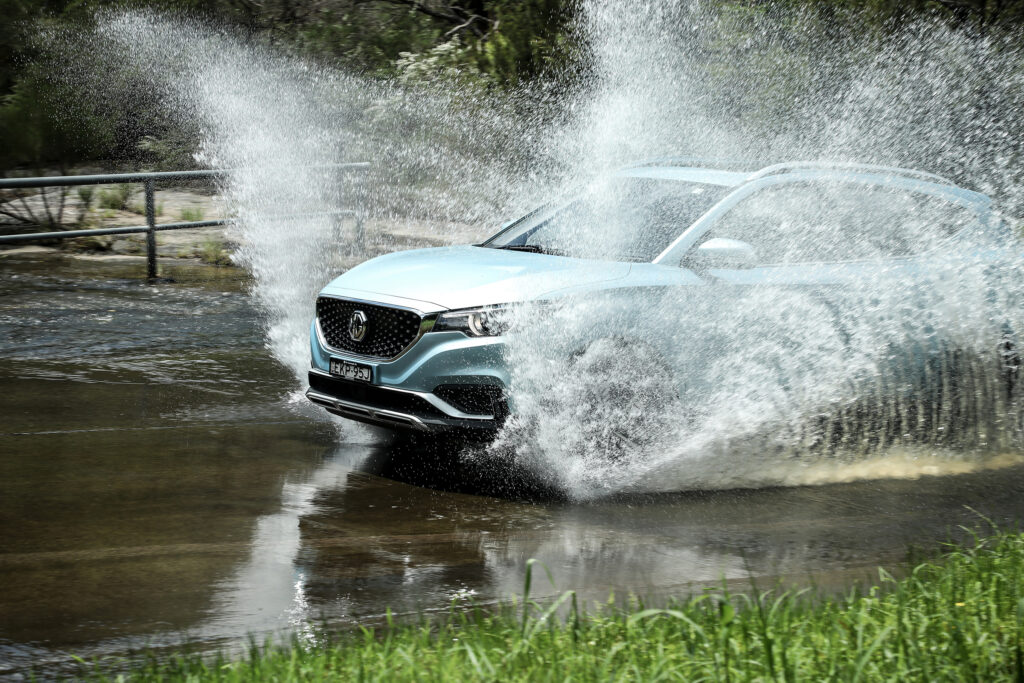
The MG brand is a subsidiary of SAIC, the big state-controlled and Shanghai-based car maker. All its cars are made in China.
BMW iX3
Due to arrive in Australia in the second half of 2021, this X3-based EV is produced only in one factory. The Chinese plant will supply the single-motor and rear-drive SUV to markets all over the globe.
Likely to be priced slightly below Mercedes-Benz’s similarly sized EQC, the BMW iX3 should sell at about the same rate of a few hundred per year.
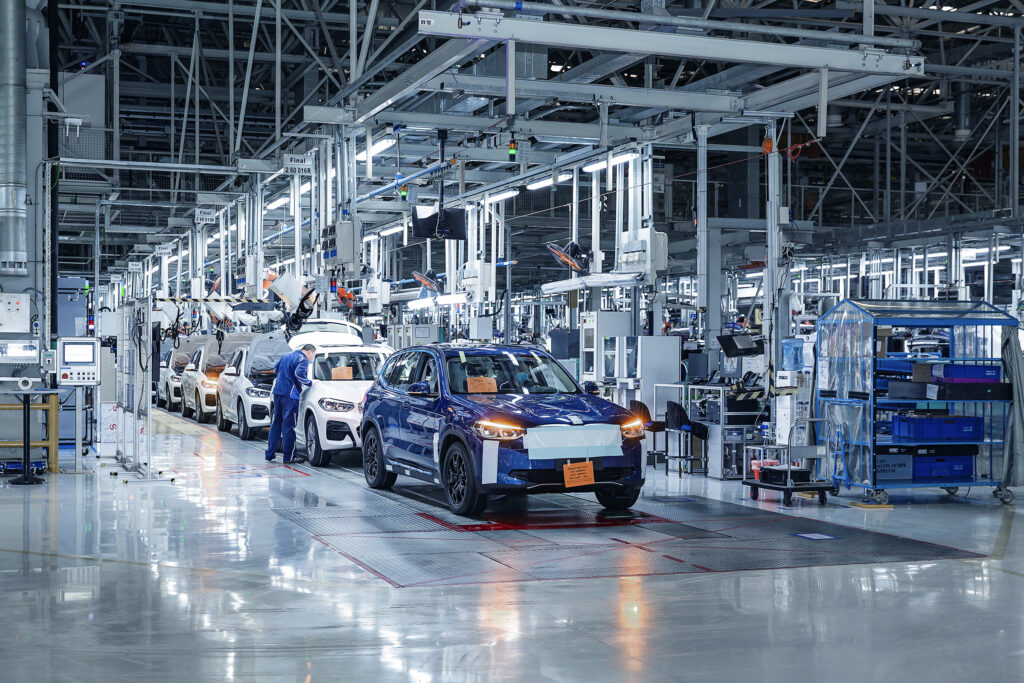
The iX3 should not be confused with the BMW iX, a larger EV built on the company’s new EV-only architecture. The BMW iX is expected to be delayed until 2022.
Polestar 2
Jointly owned by Volvo and Geely, the Chinese car maker that owns… Volvo, the electrified Polestar brand has plans to establish itself in Australia.
Polestar was initially due in 2020, then 2021, but it’s now looking like stretching out to 2022.
What is certain is that the Polestar 2 will be manufactured in China, like all the models in the 100 percent electrified brand’s line-up.
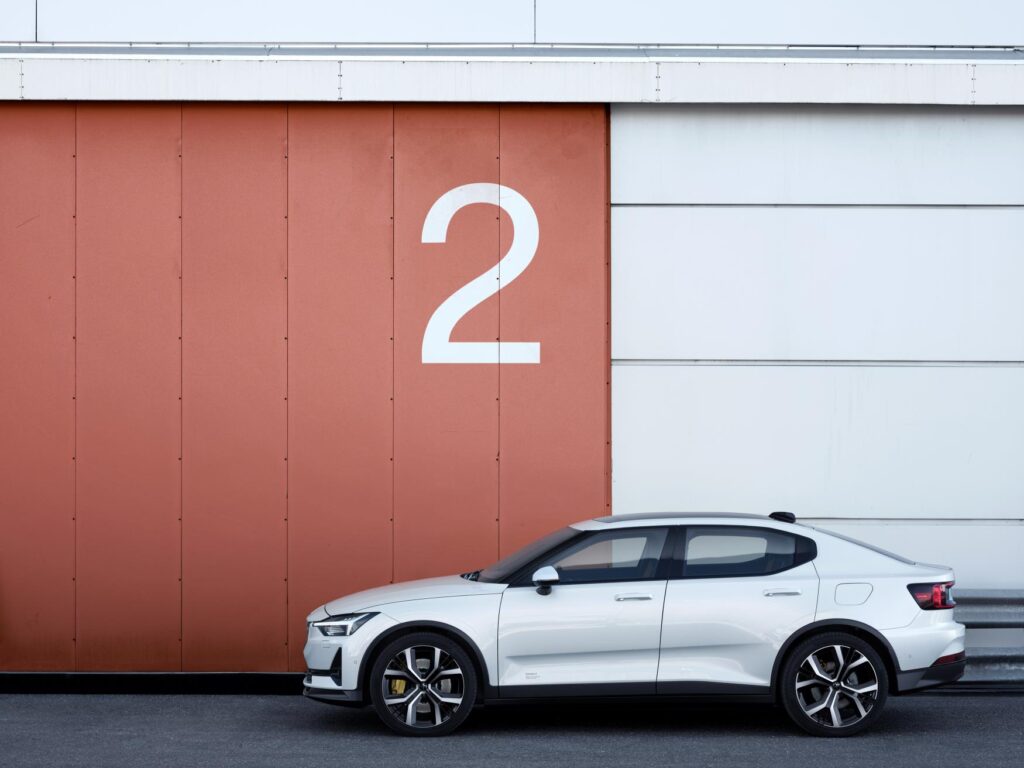
The 2 is built on the same platform as the XC40 Recharge Pure Electric, and they share the same motor and battery pack tech. While the Volvo EV went into production first at the company’s factory in Belgium, it is now also being made in China on the same assembly lines as the Polestar 2.
So it’s possible the XC40 Recharge could also be exported to Australia from China.
BYD
Until 2019 BYD made more EVs than any other brand globally. Then the Tesla Model 3 came along and shot Tesla to the top of the electric sales charts.
But BYD is still a big player and one with backing from billionaire investor Warren Buffett.
There are bold plans to launch this 18-year-old brand in Australia in 2022, with an SUV-heavy mix of EV models.
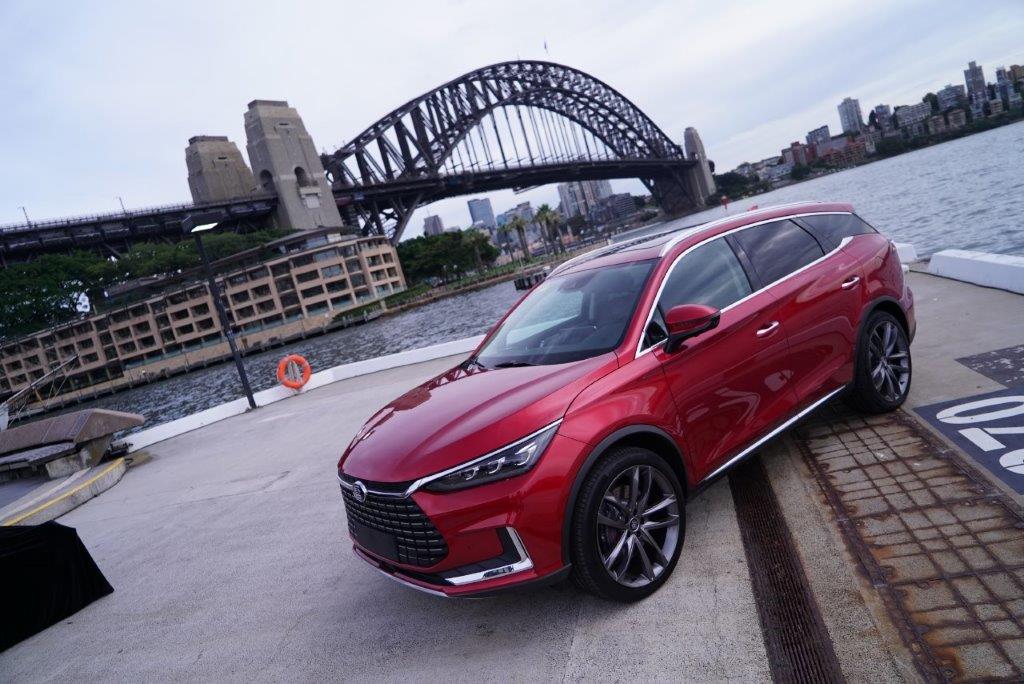
The name stands for Build Your Dreams and the company isn’t short of aspirations. It’s moving into Europe, beginning with Norway, to sell EVs, and sells electric buses in the USA.
Already there are around 70 BYD electric taxis operating in Australia as well as some EV buses.

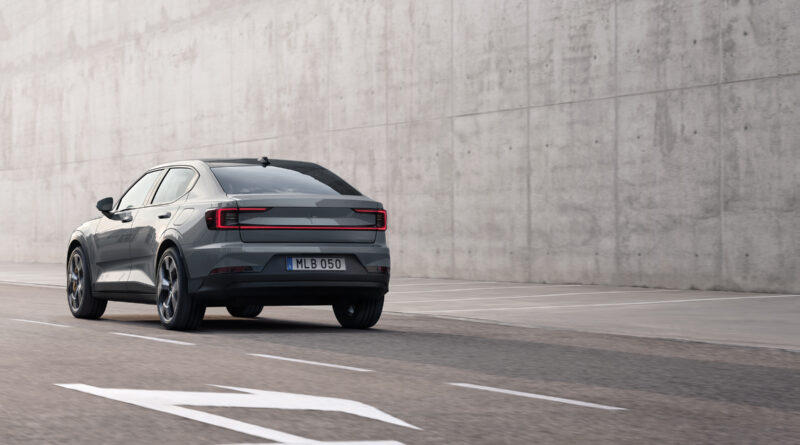
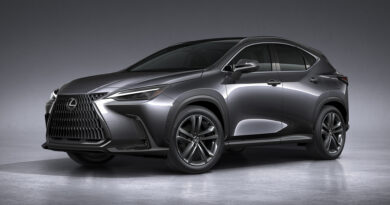
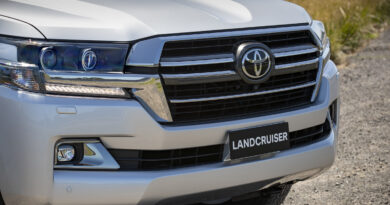
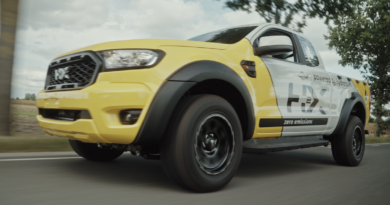
Just to be fair we should stick a massive import duty on anything from China.
Thanks for this list so I know which ones to avoid. Please keep it updated.